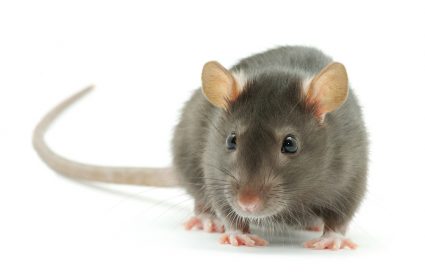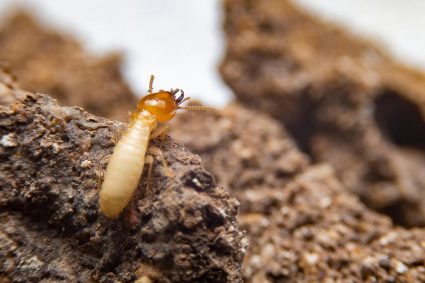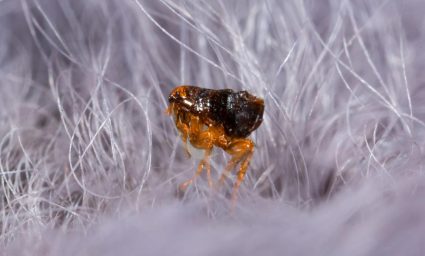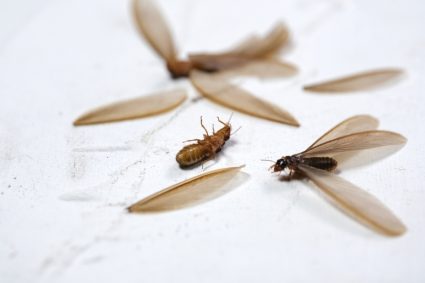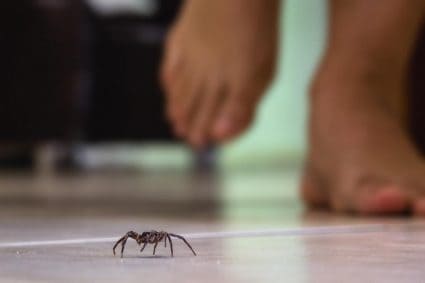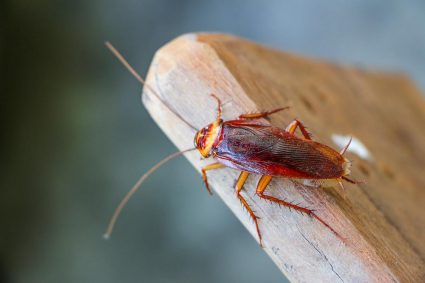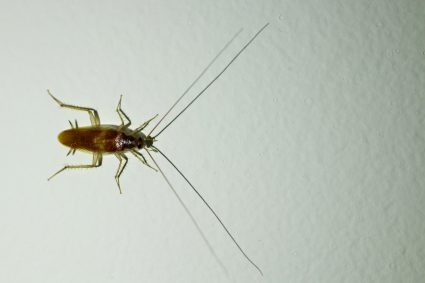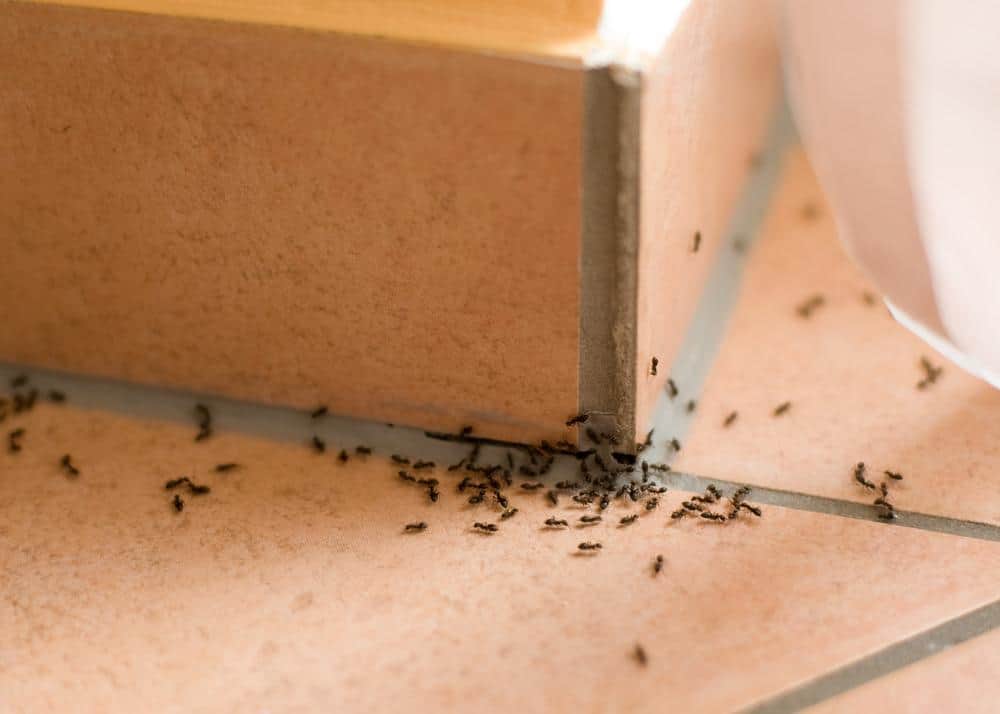
Sugar ants are a common pest in many homes. These tiny invaders are attracted to sweet foods and can quickly become a nuisance. Many homeowners wonder if there’s a simple, natural solution to get rid of these ants, and vinegar often comes up as a possibility. But does vinegar actually kill sugar ants? Let’s dive into this topic and explore the effectiveness of vinegar as an ant deterrent.
Yes, vinegar can be effective in repelling sugar ants, but it doesn’t actually kill them unless they are drowned in it. The acetic acid in vinegar disrupts the ants’ scent trails, which they use to communicate and navigate. However, vinegar is not a permanent solution for ant infestations, and its effectiveness lasts only as long as the scent lingers.
What are Sugar Ants?
Sugar ants are not a specific species but rather an umbrella term used to describe a variety of small, indoor ant species that feed on sweet foods. Some common species referred to as sugar ants include Argentine ants, pharaoh ants, thief ants, and odorous house ants. These ants are attracted to areas where they can find food, especially sweets and meats, and can often invade homes in search of these.
Does Vinegar Kill Sugar Ants?
Yes, vinegar can be effective in repelling sugar ants, but it doesn’t actually kill them unless they are drowned in it. The acetic acid in vinegar disrupts the ants’ scent trails, which they use to communicate and navigate, making it difficult for them to find their way. A solution of 100% vinegar or a 50/50 mixture of vinegar and water can be safely sprayed around your home and in areas where you see sugar ants. However, vinegar is not a permanent solution for ant infestations, and its effectiveness lasts only as long as the scent lingers.
How to Use Vinegar as an Ant Deterrent
- Mix equal parts of water and white vinegar in a spray bottle.
- Add a few drops of essential oils, such as lavender or peppermint, to enhance the repellent effect.
- Spray the solution around entry points and areas prone to ant infestations.
- Repeat the process daily to maintain the deterrent effect.
Risks and Drawbacks of Using Vinegar
While vinegar can be an effective ant deterrent, it does have some potential drawbacks:
- Vinegar does not actually kill ants. It only repels them by interfering with their scent trails.
- Vinegar is a temporary solution, and ants may return once the scent dissipates.
- Vinegar can potentially damage surfaces in your home if not diluted properly.
- The strong smell of vinegar may be unpleasant for some people.
- If you’re using apple cider vinegar, it could potentially attract fruit flies, leading to a secondary pest problem.
Other Natural Remedies for Ant Control
Besides vinegar, other natural remedies can help control ant infestations. These include using borax, essential oils like peppermint, and citrus fruits like lemon, orange, lime, and grapefruit. However, the effectiveness of these remedies may vary, and some may not be suitable for use around pets or in large-scale infestations.
Conclusion
In conclusion, while vinegar can be a safe and natural way to deter sugar ants, it’s not a permanent solution and may not be enough to completely eliminate a severe ant infestation. In such cases, it might be best to consult a pest management professional for more effective treatment options. Remember, the best way to keep ants away is to maintain a clean home, promptly clean up any food spills, and seal potential entry points.
Frequently Asked Questions
What kind of vinegar should I use to deter ants?
You can use either white vinegar or apple cider vinegar to deter ants. However, be aware that apple cider vinegar could potentially attract fruit flies.
Can I use vinegar to kill other types of ants?
Yes, vinegar can be used to deter many types of ants, not just sugar ants. The acetic acid in vinegar interferes with the ants’ scent trails, which they use to navigate and communicate.
Can vinegar harm my pets?
Vinegar is generally safe for use around pets. However, it’s always best to keep the vinegar solution out of reach, as it can cause minor irritations if ingested or if it comes into contact with the eyes.
How often should I spray the vinegar solution?
You should spray the vinegar solution daily for the best results. The scent of vinegar dissipates quickly, so regular application is necessary to maintain its deterrent effect.
Can I use vinegar on plants to deter ants?
Be cautious when using vinegar on or around plants. The high acidity of vinegar can harm plants if not properly diluted. Always test a small area first to ensure it doesn’t damage your plants.

